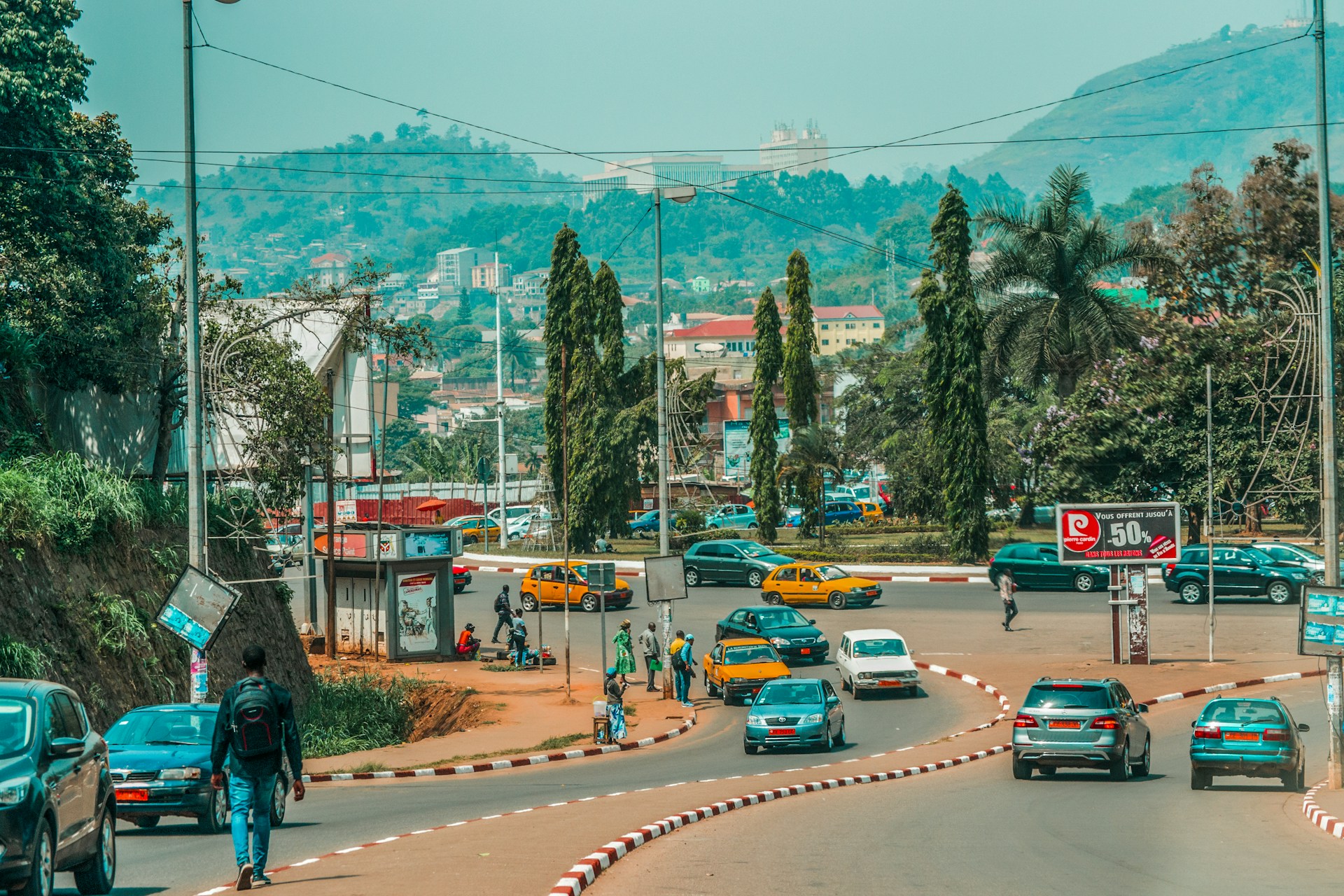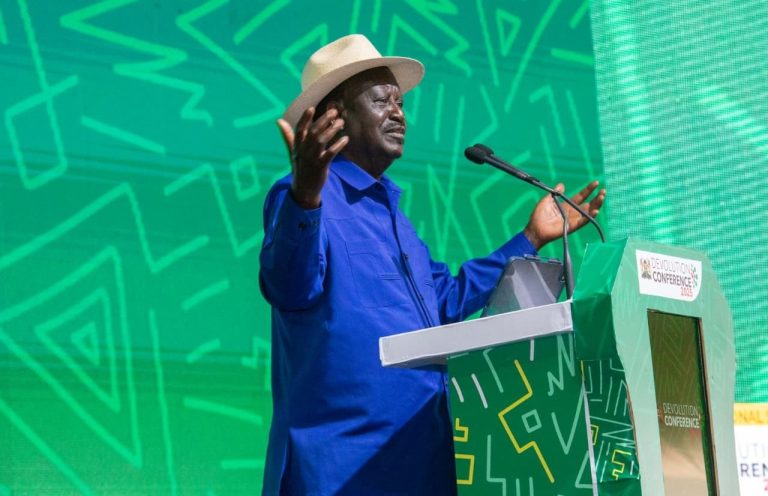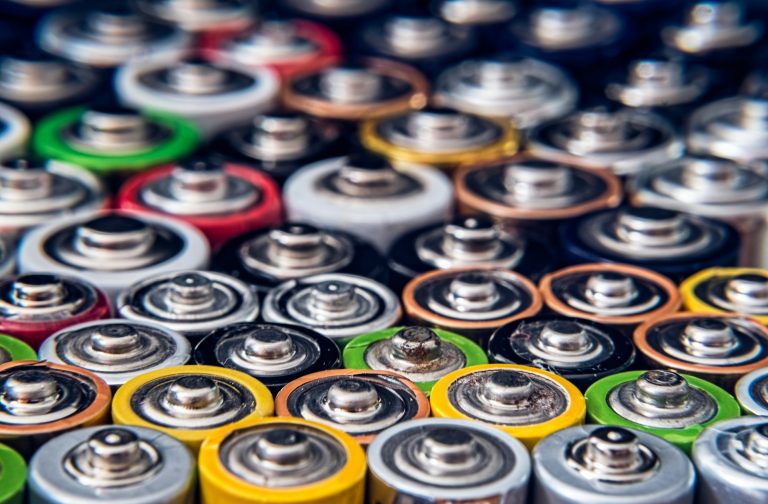- Cameroon’s public debt hits $26bn amid liquidity strain
- Multilateral loans drive debt to 43.9% of GDP
YAOUNDÉ, CAMEROON – Cameroon’s public debt climbed to 14.591 trillion CFA francs ($26bn) by September, fuelled by fresh multilateral disbursements and rising domestic borrowing, according to the Autonomous Amortisation Fund (CAA).
“The public sector debt stood at 14.591 trillion CFA francs ($25.6 billion) at end-September 2025,” the CAA said in its latest bulletin. “This represents 43.9% of GDP, with 62.9% external and 37.1% domestic.”
External debt reached 8.568 trillion CFA francs ($15 billion), more than a quarter of Cameroon’s GDP. Over half is owed to multilateral lenders, including the World Bank, the African Development Bank (AfDB) and the International Monetary Fund (IMF).
“Multilateral debt accounted for 54.6% of the external portfolio,” the CAA noted, citing “a 10.9% increase year-on-year due to new disbursements.”
Domestic pressure and rising obligations
Bilateral debt stood at 2.592 trillion CFA francs ($4.6 billion), with China and France as the main creditors. Commercial loans, including Eurobonds, amounted to 1.301 trillion CFA francs ($2.3 billion), or around 15% of external obligations.
Domestically, debt excluding arrears rose to 4.246 trillion CFA francs ($7.5 billion), up 15% year-on-year and 2.9% from August. The government leaned heavily on treasury securities and structured bank loans to bridge financing gaps. “Public securities represented 54.7% of this stock,” the CAA said.
The government’s growing reliance on borrowing underscores deepening fiscal strain amid dwindling oil revenues and a looming liquidity crisis. This year alone, Cameroon has secured 956 billion CFA francs ($1.68 billion) in new financing from multilateral and bilateral partners for infrastructure in transport, water and energy, the CAA said.
While the debt office maintains that Cameroon’s debt remains within the Central African Economic and Monetary Community’s prudential ceiling, it urged “continued vigilance” to ensure sustainability.
Finance Minister Louis Paul Motazé dismissed fears of a debt crisis.
“The safe debt-to-GDP ratio is proof of our fiscal discipline and prudence,” he said last week in Cairo during the inauguration of Dr George Elombi as President of the African Export-Import Bank (Afreximbank).
“The Cameroonian economy is experiencing sustainable growth, estimated at more than 4% in 2025, and is expected to strengthen in the coming years,” he added.











